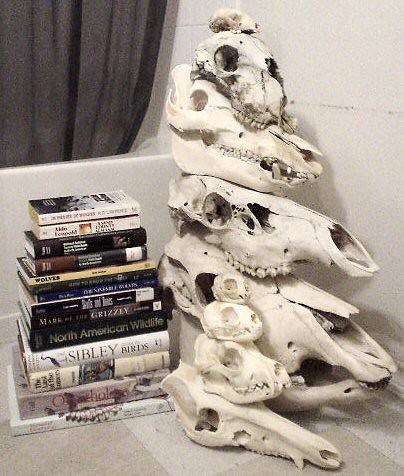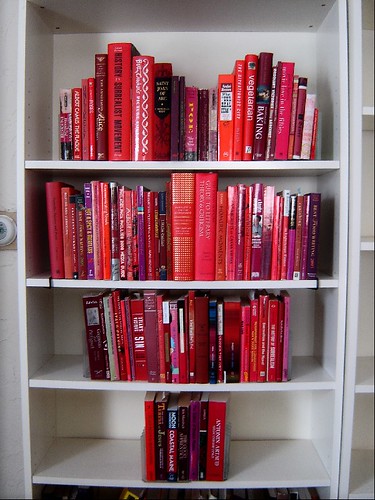
In a paper called, "Has cataloguing become too simple? Why it matters for
cataloguers, catalogues and clients," Paul Staincliffe gives an emotional read on the state of cataloguing for library purposes, and in doing so brings up some interesting questions about the shifting position of library and librarian in our access obsessed digi world as well as our instinctual/habitual gathering, digitizing, and organizing of information.
Cataloguing, as an art or science is not specific in its reason for existing. Information Science was once at odds; split between the arts and sciences, then confirmed to be science, and now appropriated as a mode of art making and is engineered to suit the www ready population. Now the question lies more in whether cataloguing (especially for library purposes) should split itself between following pre existing rules or move towards creating complete access to the widest population it can reach. The conflict between rules and access is in that if there is total access, the chaotic structure of the web would upset the principals that empower the rules, which are: 1. we all follow the same rules 2. the rules are interpreted the same way, and 3. we understand the catalogue exists in a global environment. The split has already taken place and from my perspective, access has been favored in the public library system of Brooklyn and NYPL. The idea of library/librarian has shifted to supply the library "client" with what they need by mimicking the tools we are able to use.

We catalogue things because they exist and we are compulsed to organize things in order to understand them. The desire to digitize all information is widespread and all encompassing. Even when we have the literal object in our hands, there is something valuable to us in scanning it with i-sight and showing it to our online community, or maintaining our own library catalogue online (http://www.librarything.com/). I definitely feel this compulsion. More versions is better. But to what end are we collecting information on our hard drives and on our ftp sites? All the endless projects to network information on and offline, to catalogue endless resources is all mysterious labor with incalculable cost with no clear far reaching purpose.
An analogy that was used in the paper was that the idea of "catalogue" (analog of course) was to be built like a wall, adding one brick at a time, all surfaces coming together in relation to all the others to form a solid whole. With the amount of sources and information available, it seems that our wall would be growing with gaps that anticipate all the other information that will be missed initially.
ownership and access. they hate eachother.


1 comment:
Hi... We usually think of the internet as everything that comes up in Google results but there's also a serious divide to think about: you notice that scholars who work with online databases will talk about the "Deep Web," which encompasses all the proprietary databases like JSTOR and LexisNexis and the Library of Congress, that most of the public doesn't have access to.
Maybe what most distinguishes databases is quality of cash resources. Wikipedia is free but not good quality, and meanwhile people spend money on library science degrees in order to earn income as catalogue builders, or technicians digitizing print books for fee access. I think the most noble expression of this economic activity is working on digital editions of cultural monuments like "Paradise Lost", where there's a network of dedicated people who earn a living by updating them with new research and combing for errors. It's romantic to believe in the perpetual interest of a subject.
Post a Comment